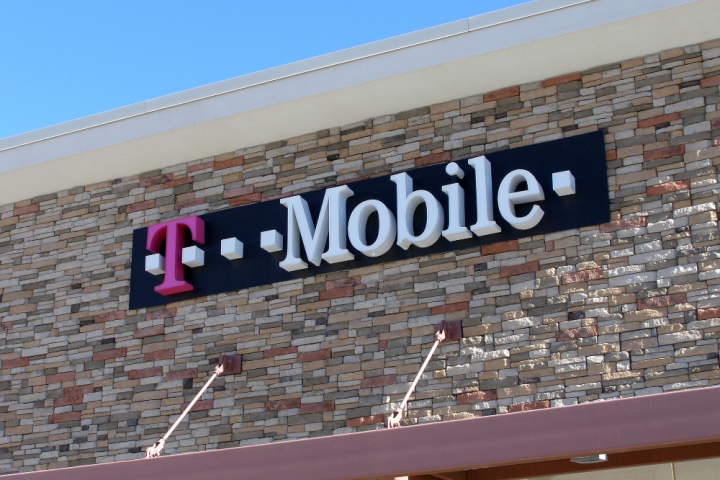
At issue is T-Mobile’s “Data Prioritization,” or its policy of artificially limiting certain customers’ download and upload speeds. In 2015, the carrier admitted to throttling the “top 3 percent” of data users on its unlimited plans — those who used more than 17 GB of data in a bill cycle, typically — during times and near sites of network congestion. That, it turns out, didn’t quite pass muster with the FCC’s 2010 Open Internet Transparency rules — the agency accused the carrier of “insufficient” disclosure that didn’t “fully inform” consumers about limitations that might be imposed on their plans. Specifically, it faulted T-Mobile for failing to identify the amount of data that would trigger throttling, how the throttling would affect customers’ “ability to use the service,” and the degree to which their download speeds would be reduced.
“Customers should not have to guess whether so-called ‘unlimited plans’ contain key restrictions, like speed constraints, data caps, and other material limitations,” FCC Enforcement Bureau Chief Travis LeBlanc said in a statement. “When broadband providers are accurate, honest, and upfront in their ads and disclosures, consumers aren’t surprised and they get what they’ve paid for.”
The FCC said it received “hundreds” of entreaties from customers of T-Mobile and Metro PCS, many of whom complained of slow video streaming and app downloads for hours each day. “These [subscribers] … complained … that the [throttling] policy led to them consuming ‘half’ of the data they wanted to use,” the FCC wrote, “or that they had gone to too much trouble changing plans from another carrier to switch again, even though they felt misled by T-Mobile.”
A majority of the settlement money, or $35 million, will serve as remuneration. Unlimited plan customers on T-Mobile and MetroPCS will receive a 20 percent discount (up to $20) off the sticker price of any in-stock smartphone accessory, and customers who subscribe to T-Mobile’s Simple Choice plan or any T-Mobile-branded tablet data plan will automatically receive a free upgrade to 4GB of data. The FCC said eligible customers will receive notice about the benefits by December 15, 2016.
The rest of the settlement will benefit education. T-Mobile will spend at least $5 million to “address the homework gap in low-income school districts.” Beginning in October 2017 and continuing over the next four years, it’ll provide gratis tablets, smartphones, and cellular data plans to 5,000 students and their families per academic quarter, or 80,000 total.
In a tweet, T-Mobile CEO John Legere called the deal a “good” settlement. “T-Mobile believes more info is best for customers,” he wrote. “Glad we could help schools with this solution as well.”
In addition to the monetary settlement, T-Mobile has committed to updating the disclosures for T-Mobile and MetroPCS plans, and “clearly and conspicuously” disclosimg its throttling policy on digital advertisements, pamphlets, and other promotional materials. It also pledged to cease labeling plans with opaque throttling policies as “unlimited,” promised not to misrepresent its unlimited plans’ performance, and said it would provide “direct” and “individual” notifications to subscribers when their data usage nears a threshold likely to trigger throttling.
It’s not the first time a carrier’s unlimited offerings have been the subject of the FCC’s scrutiny. Last year, the agency levied a $100 million fine on AT&T for much the same reason.
Editors' Recommendations
- T-Mobile’s newest plans are exciting for new (and old) customers
- T-Mobile celebrates 1 million 5G home internet customers
- T-Mobile agrees to pay big bucks for last year’s 911 outage
- T-Mobile says 48 million people are affected by recent cyberattack
- T-Mobile confirms hack, investigates whether customer data was stolen

